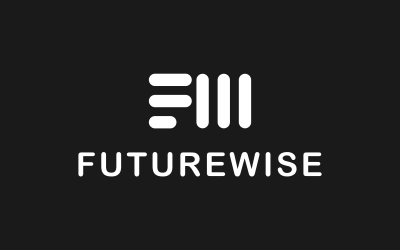We are living through the biggest remote work experiment which has moved us forward ten years in three months. It is incredible what can be done when we have no choice. Many of those who doubted people could work from home have eaten their words as we all have got used to zoom calls, set up home offices, and worked out how to balance work and personal time. If we examine what this may look like in near and future term, it is interesting to see some of the opportunities and challenges that will be presented.
We never really thought about how work has always been. We accepted everyone had to arrive in at the same time and that we could end up sitting beside the same person for five years without any knowledge of who this might be. We shared a restroom, accepted the room temperature even if not may ideal for you, few got a corner office or even a room with a view and you may even have had to accept pets in the office whether you wanted to or not. In March, the shift happened, we were all packed up to work from home and the initial mood music was overwhelmingly positive. No more commutes, more time with the family, and a belief that we are being very productive, but does this stack up with the reality?
The positives with remote working have been the feeling we have got back more time; proof that we do not all have to be in the office; a decrease in bureaucracy with even luddites accepting email over snail mail. It has given us a glimpse into people’s homes which has helped us see our colleagues more as the whole person not just their work persona. It has certainly helped those with lives that just do not suit rigid clocking-in environments and that glower from your manager if you arrive three minutes after nine.
Stanford University has highlighted that by 2030 Stanford we will have over 500 billion connected devices. Not just computers and phones but almost all home appliances. With this incredible connectedness what are the longer-term challenges with this new work model? We will begin to crave social contact and understand that remote work can be very isolating. Few people when they give a leaving speech talk about how great the work was, they talk about the friends they have made and fun times they have had. Remote work does not suit everyone; many people have been working on their bed or in a cramped apartment and do not have the luxury of having a separate office. Many people are starting to suffer from burnout as they feel guilty as to whether they are working hard enough and are not switching off and are struggling with the work/ home boundaries. Managers and leaders are also being challenged as have not been trained on how to manage effectively when they cannot physically see their team.
So, what does the future of work look like? Well we are only at the beginning and there has to be a lot of growing pains, but the reality is we will need a blend of working in offices and from home. We fail sometimes to see the work that happens when we connect with others. We come up with ideas, we understand people better when we meet them, we can influence, persuade communicate better when they see all of us and not just a face on a video call. We also must be careful of the ramifications if we sign up to becoming a full-time remote worker. Whether we like it or not there is a lot of unconscious bias that exists in business and many managers may feel it is easier to pass some over for promotion or worse let them go when they don’t see them face to face. Secondly a larger issue is addressed by Richard Baldwin in his book The Globotics Upheaval. He asks if we can do our job remotely full time, could that job be done in a different country at half your salary, so we need to be careful about how quick we are to prove our ability to work remotely.
It is not just the employees who are struggling with this future, employers have big decision about real estate as well as a very tricky next six to twelve months of job losses when we see the long-term economic ramifications. They have also had their eyes open about the benefits of technology and remote working is just the start, we have to realise that machines, robots and artificial intelligence will be coming for many blue collar and white collar jobs over the next ten years. How do we compete against a machine that works seven days a week twenty-four hours a day and never gets sick, never wants holidays, and never wants a promotion!
The biggest opportunity however for employers is to build more trust with their employees. This idea that you cannot trust employees if you cannot see them ignores the fact that there have been countless employees in offices surfing the net, attending meetings they did not need to and not contributing much to the business, but because we could see they were in the office we presumed they were working. We need to move from this presenteeism model to a focus on productivity and outputs. Most managers would agree that if an employee is delivering an excellent standard of work all of the time, you really could not care where they are working or for how many hours, it is the output that matters.
The National Recruitment Federation of Ireland have highlighted a very uncertain jobs forecast for the next 12 months with potentially many graduate jobs being put on hold. Without further Government support there will be a lack of apprenticeship options also. They also highlight we may have many jobs that are advertised as “remote only”. As more people work from home there will need to be a change on how we approach work when our home and our workplace are the same place, how to ensure we avoid burnout from over-work which we have started to see in some remote workers.
How do we plan in this unknown future? We see that the genie is out of the bottle and we will never move back to the work model we had, but we will find an equilibrium post covid. For employees out there I would be worrying less about where you will work and much more about the work you do and whether you are enjoying the work you do and are learning and feel challenged.
When people love their job, it is not about having an easy life, if you listen to the words of Aristotle, they are still relevant today. He says a good days work is about sinking into bed at the end of the day with the satisfaction that you have pushed yourself to do your best and are working towards being the best that you can be, he called this eudaimonia. Therefore, as an employee, your number one goal is to ensure you are learning, building on your skills. You have to realise that it will be rare to stay in one job for the rest of your life, therefore be ready for change, and as well as building on your skills, build your network, it is these relationships that we rely on the most when we need support, and in this new future we are all going to need support.
[This article originally appeared in Image 2020 annual]
Peter Cosgrove is a future of work expert and Managing Director of Futurewise Ltd. His book “Family Fun Unplugged” a book to designed to help families take time away from their devices is one of the top children’s book in Ireland at present.


